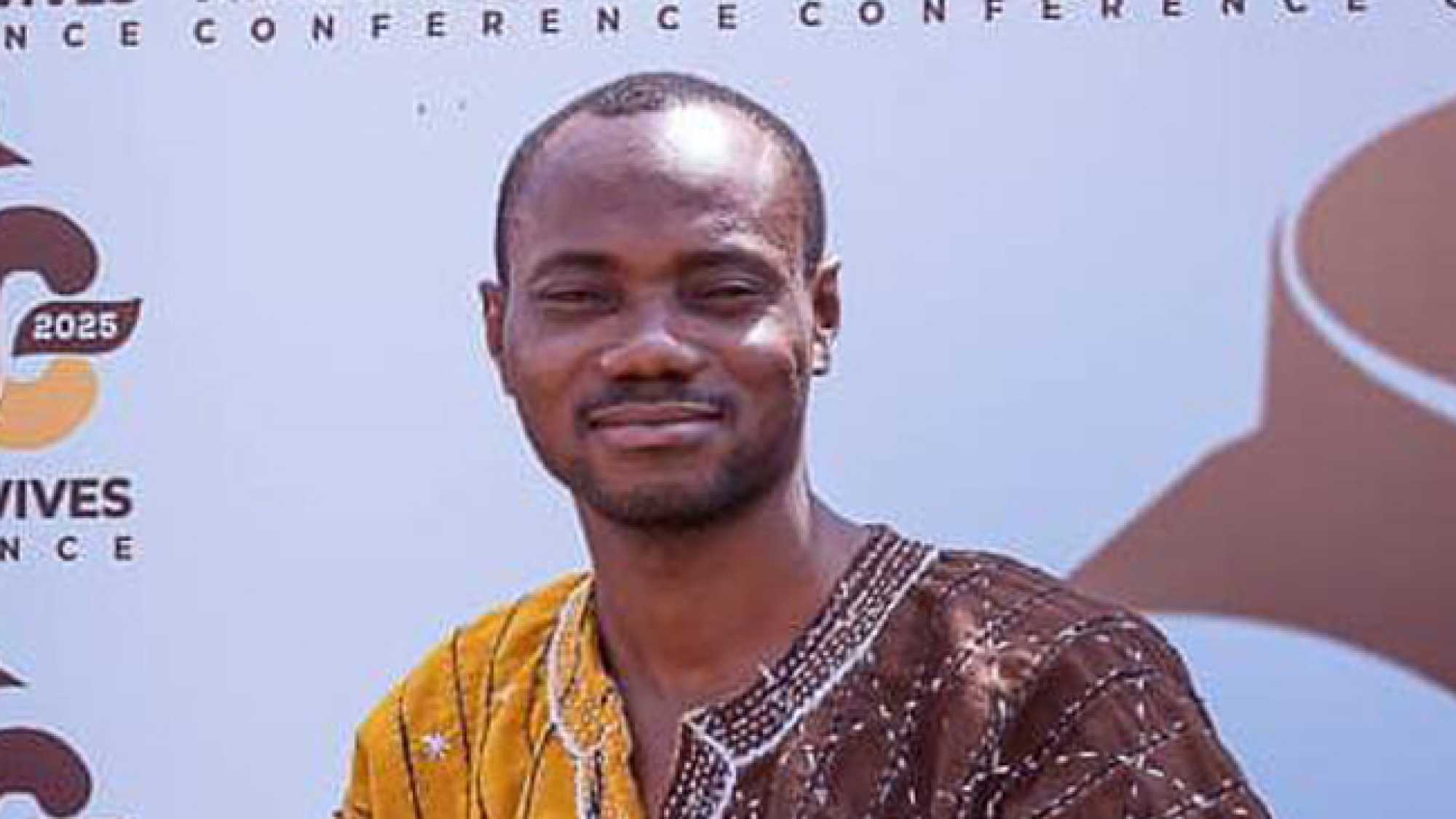INTRODUCTION
In the Christian perspective, wealth is neither a sin nor inherently evil. The central issue lies in how one understands wealth—its source, purpose, and the attitude one adopts toward it. Christians are called to worship God, not wealth. While wealth exists in both Christian and worldly forms, the difference lies in the means of acquisition and the purpose for which it is used.
Christians believe that wealth is a result of God’s initiative. It is He who distributes wealth according to His divine will. Therefore, a true Christian must not seek wealth through ungodly means. In contrast, worldly thinking often endorses acquiring wealth by any means necessary—even unethical or violent means. This aligns with the utilitarian perspective of philosopher Immanuel Kant, where the end justifies the means. Christianity, however, embraces a deontological ethic: the means must be just and godly.
This presentation discusses:
- What Christian wealth is
- The purpose of Christian wealth
- The source of Christian wealth
- The process in Christian giving
- The faith factor in Christian giving
- The role of faithfulness in Christian giving
- The role of obedience in Christian giving
- The rewards of Christian giving
CHRISTIAN WEALTH
Christian wealth refers to the abundance of God’s blessings—both spiritual and material—with God as the true provider.
- Spiritual blessings include salvation through Christ, the indwelling of the Holy Spirit, spiritual gifts and fruits, divine adoption, forgiveness, and reconciliation.
- Material blessings include marriage, financial prosperity, academic success, employment, promotion, long life, and good health.
THE TRUE SOURCE OF CHRISTIAN WEALTH
Wealth is not limited to Christians, but believers acknowledge God as the sole source of their wealth. Unlike others who may attribute wealth to ancestors, hard work, or fate, Christians see themselves as stewards of God’s resources.
BIBLICAL SUPPORT:
- Genesis 1:1, 28 – God is the Creator; all things, including man and wealth, come from Him.
- Colossians 1:16; John 1:3 – All things were made through Christ.
- 1 Chronicles 29:10–12 – Riches and honour come from God.
- Deuteronomy 8:18 – God gives the ability to produce wealth.
- 1 Timothy 6:7, 17 – We brought nothing into the world; all is given for our enjoyment.
- Haggai 2:8; Psalm 24:1; Proverbs 10:22; James 1:17 – Silver, gold, and all blessings belong to God.
We are not exempt from hard work, but our ability to work and prosper comes from God. Genesis 2:15 illustrates that man was placed in the garden to work. Psalm 35:27 affirms that God delights in the prosperity of His people.
THE PURPOSE OF CHRISTIAN WEALTH
God blesses believers with wealth for specific purposes, not merely for personal enjoyment.
KEY PURPOSES:
- To do God’s work – Exodus 25:1–9; 35:4–35; 1 Chronicles 29:1–9
- To support ministers of the gospel – 1 Corinthians 9:14; Titus 3:13; Hebrews 6:10
- To provide for one’s family – 1 Timothy 5:8; Matthew 10
- To support fellow believers – Acts 4:32–35; Galatians 6:10; Matthew 25:34–46
WHAT IS CHRISTIAN GIVING?
Christian giving is the voluntary and heartfelt donation of money, time, skills, or other resources to God or for godly purposes.
It is:
- An act of worship, love, and obedience to God
- An expression of gratitude for God’s grace
- Not a repayment for what Christ did on the cross
WHY SHOULD ONE GIVE AS A CHRISTIAN?
- It is part of our divine calling
- It expresses our gratitude to God
- It reflects God’s giving nature in us
PROCESS IN CHRISTIAN GIVING
Christian giving should follow biblical principles and not be random or impulsive.
STEPS TO EFFECTIVE CHRISTIAN GIVING:
- Surrender your life to Christ – 2 Corinthians 8:5
- Give out of love – John 3:16
- Let God inspire your giving – Philippians 2:13
- Understand your giving is unto God – Colossians 3:23–24
- Give through Christ – Colossians 3:17
- Give willingly – 2 Corinthians 8:12; 9:7
- Budget for your giving – Luke 21 (Widow’s offering)
- Give proportionally – 2 Corinthians 9:7
PRINCIPLES OF CHRISTIAN GIVING
- The measure you use will be measured back to you
- The more you sow, the more you reap
- God loves a cheerful giver
- Willing giving is acceptable to God
THE ESSENCE OF FAITH IN GIVING
Faith is central to Christian giving. Without faith, our giving loses its spiritual significance.
- Abraham gave tithes and even offered Isaac by faith (Hebrews 11)
- Faith makes our offerings pleasing to God (Hebrews 11:6)
- Faith assures us of God’s response to our giving
THE ESSENCE OF OBEDIENCE IN GIVING
Obedience is essential in aligning our giving with God’s will.
- Jesus modeled obedience unto death (Philippians 2:8)
- God values obedience over mere sacrifice (1 Samuel 15:22)
- Abel’s sacrifice was accepted because it was in line with divine instructions (Genesis 4)
Giving without obedience is unfruitful. If God demands GHS 1,000 and we give GHS 500, though we gave, it does not please Him. We must give as He directs.
BENEFITS OF GIVING
Christian giving is not only an act of worship but also a spiritual practice that releases divine blessings. The Bible consistently teaches that there are tangible and intangible rewards for giving according to God’s principles. Below are three major benefits of giving, expanded with biblical support and practical implications:
- Giving in faith and obedience establishes a covenant relationship between the believer and God. In Scripture, covenants are binding agreements that God honors when His people walk in obedience.
In Genesis 14:18–20, Abraham gave a tithe to Melchizedek, the priest of God Most High, and this act of giving preceded God’s covenantal promise to bless Abraham and make him a great nation (Genesis 15:1–6).
Malachi 3:10–11 – “Bring the whole tithe into the storehouse… and see if I will not throw open the floodgates of heaven…” This is both an invitation and a covenantal promise.
- Giving unlocks divine provision. When we give generously and cheerfully, God multiplies our resources and causes others to bless us as well. Financial breakthroughs and opportunities often follow acts of sacrificial giving.
Luke 6:38 – “Give, and it will be given to you. A good measure, pressed down, shaken together and running over…”
2 Corinthians 9:6–8 – “Whoever sows sparingly will also reap sparingly… And God is able to bless you abundantly…”
- Biblical giving can serve as a form of spiritual insurance. It establishes a protective hedge around the giver, warding off misfortune, sickness, and demonic attacks. This principle is seen throughout Scripture, where generous individuals experience divine preservation.
Psalm 41:1–3 – “Blessed is he who has regard for the weak; the Lord delivers him in times of trouble… protects him and keeps him alive…”
Malachi 3:11 – God promises to “rebuke the devourer” for the sake of those who tithe.
CONCLUSION
Christian wealth and giving are divine privileges rooted in God’s grace and purpose. Wealth is not evil—it is a tool entrusted to believers to fulfill God’s work, care for others, and bring glory to His name. Christians are stewards, not owners, of the blessings they enjoy.
Giving, therefore, must be done in faith, with obedience, and from a willing heart. When properly done, Christian giving brings rewards both here on earth and in eternity. Let us remember always that everything we have is from God, and giving is a sacred act of worship and trust in the One who richly provides.
Written by Elder Eric Kofi Sam














